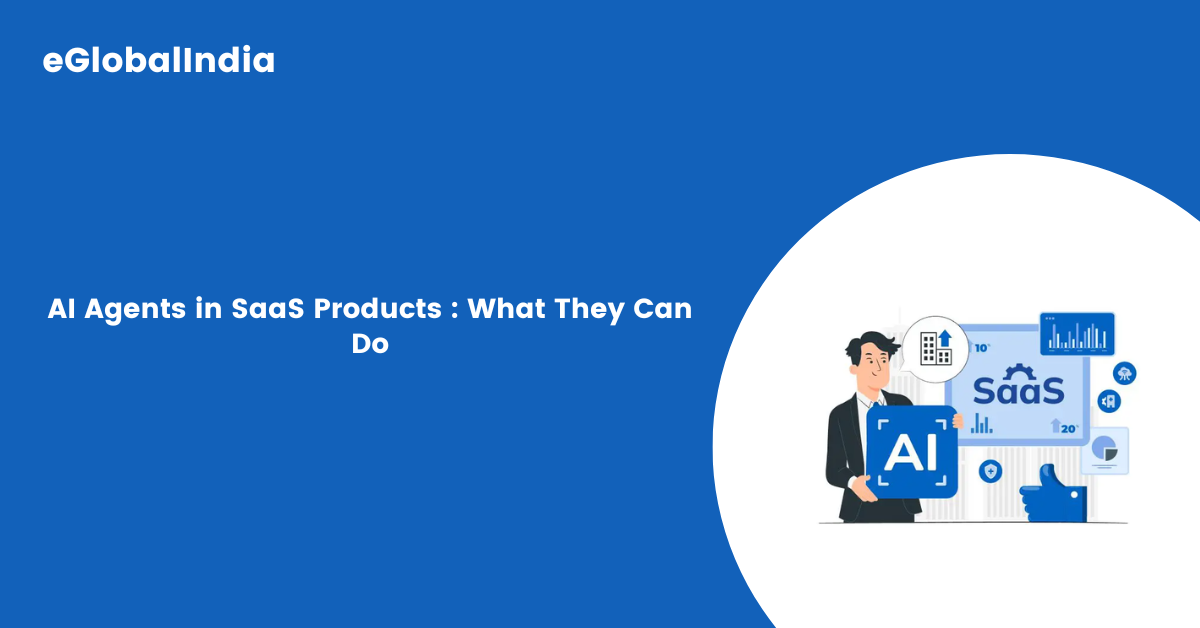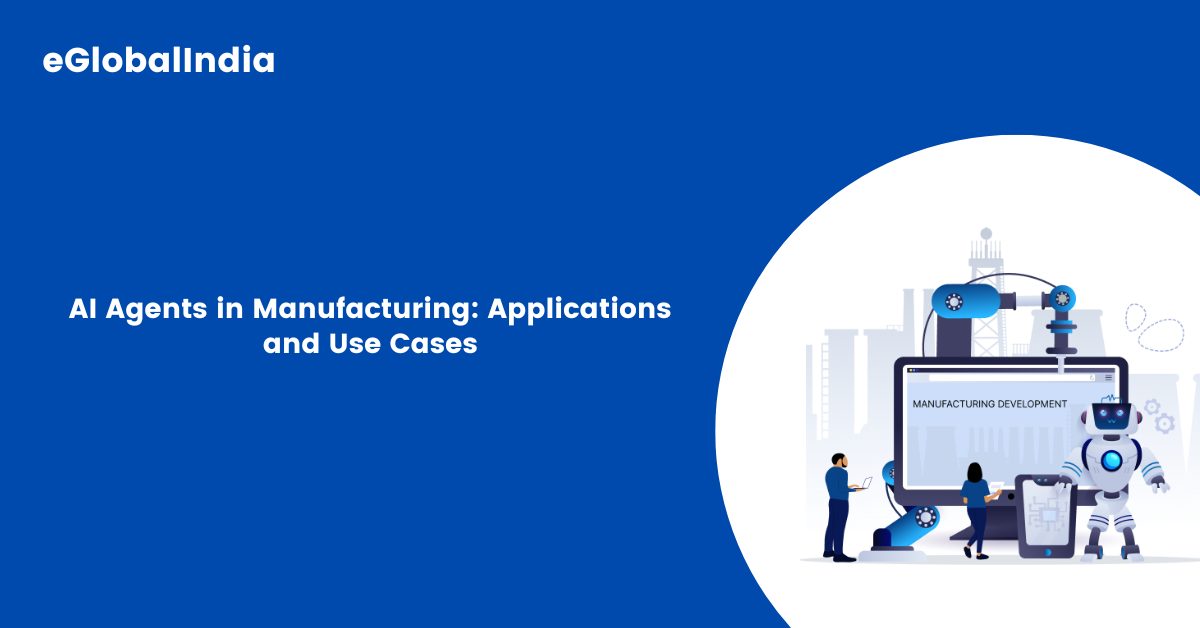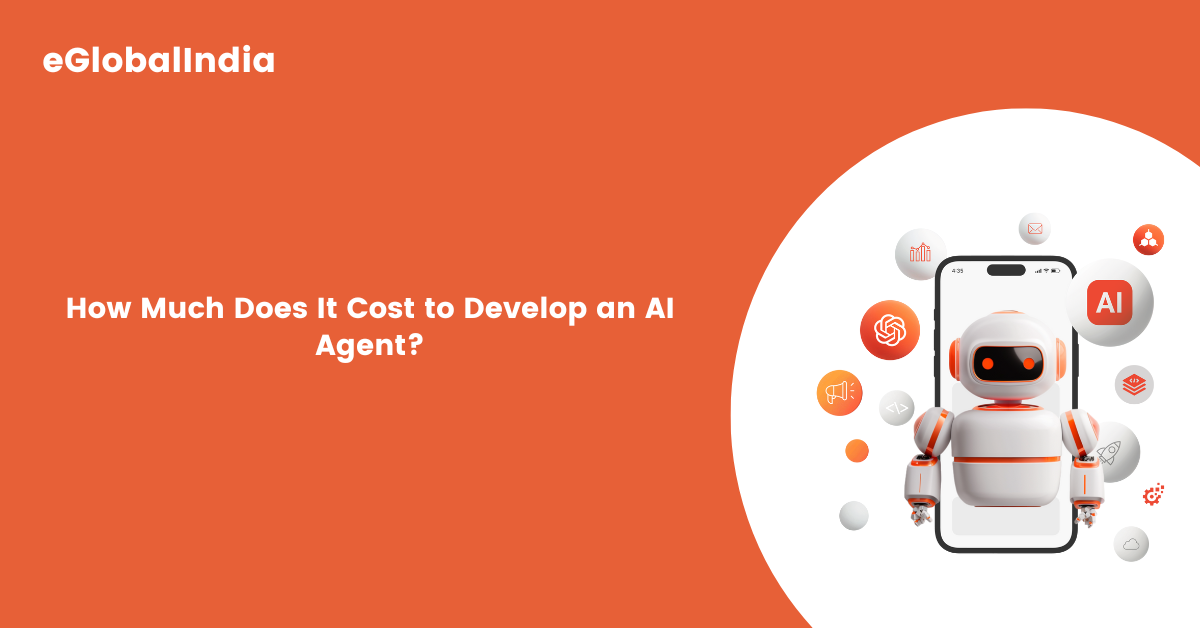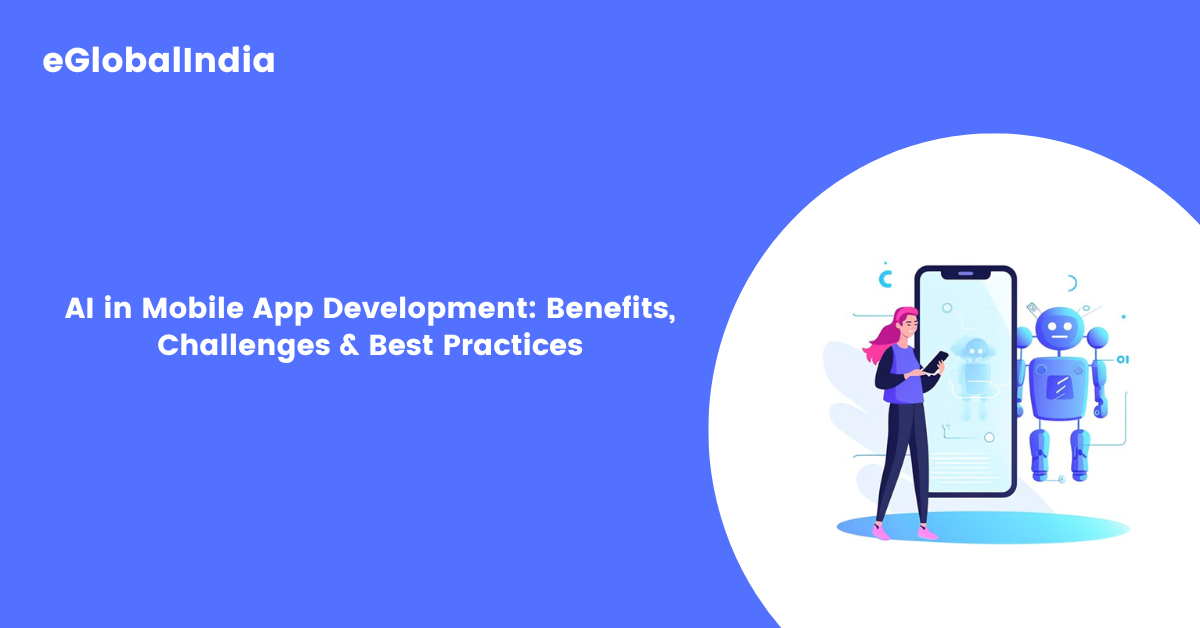Artificial Intelligence (AI) has become a transformative force across various industries, and its integration into Software as a Service (SaaS) products is revolutionizing how businesses operate. AI agents—intelligent programs capable of autonomously performing tasks—are at the forefront of this transformation. They enhance efficiency, personalize user experiences, and provide valuable insights. This article explores the multifaceted roles of AI agents in SaaS product‘s, their benefits, challenges, and future prospects.
Understanding AI Agents in SaaS
An AI agent is a smart software program that understands what’s happening around it and takes steps to reach certain goals or solve specific tasks.In the context of SaaS, AI agents are embedded within cloud-based applications to automate tasks, analyze data, and interact with users or other systems. Unlike traditional software, these agents can learn from data, adapt to new information, and make decisions with minimal human intervention.
Key Functions of AI Agents in SaaS Products
1. Automating Repetitive Tasks
AI agents excel at handling mundane and repetitive tasks, freeing human employees to focus on strategic activities. For instance, in customer relationship management (CRM) systems, AI agents can automatically update contact information, schedule follow-ups, and send personalized emails. This automation not only increases efficiency but also reduces the likelihood of human error.
2. Enhancing Customer Support
Integrating AI agents into customer support platforms enables businesses to provide 24/7 assistance. These agents can handle a wide range of inquiries, from answering frequently asked questions to troubleshooting common issues. They can also escalate complex problems to human agents when necessary, ensuring a seamless customer experience. Companies like Zendesk have developed AI agents that resolve customer and employee conversations across various channels, delivering instant resolutions and improving satisfaction rates.
3. Personalizing User Experiences
AI agents analyze user behavior and preferences to deliver personalized content and recommendations. In SaaS applications like streaming services or e-commerce platforms, AI agents suggest products or content tailored to individual users, enhancing engagement and satisfaction. This personalization leads to increased user retention and loyalty.
4. Streamlining Workflow Automation
By integrating with various tools and systems, AI agents can automate complex workflows. For example, in project management software, an AI agent can assign tasks based on team members’ workloads and deadlines, send reminders, and update project statuses in real-time. This ensures projects stay on track and resources are utilized effectively. Workflow automation AI agents are revolutionizing how businesses operate by offering adaptive learning, predictive capabilities, and seamless integration across industries.
5. Conducting Advanced Data Analysis
AI agents can process vast amounts of data to uncover patterns and insights that might be missed by human analysis. In financial SaaS applications, for instance, AI agents can detect fraudulent activities by analyzing transaction patterns. This capability enables businesses to make informed decisions and proactively address potential issues.
6. Managing Sales and Marketing Efforts
In sales and marketing platforms, AI agents assist in lead scoring, campaign management, and customer segmentation. They can predict which leads are most likely to convert, suggest optimal times for outreach, and personalize marketing messages, thereby increasing the effectiveness of sales strategies. AI agents excel in boosting efficiency and productivity within sales teams by automating routine tasks such as data entry, lead scoring, and email follow-ups.
7. Facilitating Integration with Third-Party Services
AI agents enable SaaS products to seamlessly integrate with other applications and services. For example, an AI agent integrated with a payment gateway can automatically reconcile invoices, track payments, and issue alerts for overdue accounts. This integration enhances the functionality and versatility of SaaS products.
Benefits of Incorporating AI Agents into SaaS Products
Increased Efficiency and Productivity
By automating routine tasks, AI agents allow employees to focus on higher-value activities, leading to improved productivity and operational efficiency. Tasks that once took hours can now be completed in minutes, if not seconds.
Cost Savings
Automation reduces the need for extensive human intervention, leading to significant cost savings. Businesses can allocate resources more effectively and reduce expenses associated with manual labor.
Enhanced Customer Satisfaction
AI agents provide timely and personalized interactions, leading to improved customer experiences. The ability to offer 24/7 support and instant responses enhances customer satisfaction and loyalty.
Scalability
AI agents enable SaaS products to handle increased workloads without a proportional increase in resources. This scalability is particularly beneficial for growing businesses that need to manage expanding operations efficiently.
Data-Driven Decision Making
With advanced data analysis capabilities, AI agents provide actionable insights that inform strategic decisions. Businesses can leverage these insights to optimize operations, identify new opportunities, and mitigate risks.
Challenges and Considerations
While the benefits are substantial, integrating AI agents into SaaS products comes with challenges:
Data Privacy and Security
Handling sensitive data requires robust security measures to prevent breaches and ensure compliance with regulations. Businesses must implement stringent data protection protocols and stay updated with evolving legal requirements.
Integration Complexity
Seamlessly integrating AI agents with existing systems can be complex and may require significant time and resources. Ensuring compatibility and smooth operation across different platforms is crucial for successful implementation.
Maintenance and Updates
AI agents require continuous monitoring and updating to maintain performance and adapt to changing environments. Regular maintenance ensures they function correctly and continue to provide value.
User Adoption
Employees and customers may be resistant to adopting AI-driven solutions due to unfamiliarity or fear of job displacement. Providing adequate training and demonstrating the benefits of AI agents can facilitate smoother adoption.
Frequently Asked Questions (FAQ)
1. What is an AI agent in a SaaS product?
An AI agent in a SaaS (Software as a Service) product is like a smart helper that can think, learn, and act on its own. It helps do tasks like answering customer questions, sending reminders, sorting data, or even suggesting actions without a human needing to be involved all the time.
2. Are AI agents replacing human jobs?
Not exactly. AI agents are designed to help, not take over.They take care of boring, repetitive tasks so that humans can focus on more creative, thoughtful, or decision-based work. Think of them as coworkers not competitors.
3. Can small businesses use AI agents in their SaaS tools?
Absolutely! Many SaaS platforms now include built-in AI features that are easy and affordable to use. Whether you’re a startup or a small team, you can start with AI-powered chatbots, email automation, or task reminders.
4. Is it safe to use AI agents with sensitive data?
Yes, if the SaaS provider uses proper security measures. Always choose platforms that follow data protection laws (like GDPR) and offer secure data encryption, access controls, and regular updates.
5. How do AI agents learn and improve over time?
They use a technique called machine learning. That means they analyze the data you feed them, spot patterns, and use that info to get better. The more data they see, the smarter and more accurate they become.
6. Can I build a custom AI agent for my SaaS product?
Yes, if you have a development team or work with an AI service provider. There are also AI platforms that help you build custom agents with little to no coding required—tools like Relevance AI, Knit, and others offer pre-built agent templates.
7. Are AI agents expensive?
They can be cost-effective. Many SaaS tools bundle AI features in their standard pricing. However, if you want a highly customized AI solution, that might require extra investment. But overall, they often save money in the long run by reducing manual work.
8. Where do I start if I want to add AI agents to my business tools?
Start small. Look at your current SaaS tools (like CRM, email marketing, helpdesk). Check if they offer AI features. If not, explore platforms like:
- ChatGPT or Dialogflow for chatbots
- Zapier for automation
- HubSpot or Freshdesk with built-in AI
- Or explore open AI agent platforms like Relevance AI
Final Thoughts
AI agents in SaaS aren’t science fiction, they’re real, working, and growing every day. From organizing your tasks and helping your customers to analyzing your business data and saving time, they are becoming essential digital teammates.
The best part? You don’t need to be a tech genius to start using them. With so many easy-to-use SaaS products already offering AI features, it’s never been simpler to bring intelligence into your workflow.
As the technology continues to evolve, AI agents will become even more personal, predictive, and powerful. They won’t replace humans, they’ll empower them.
So whether you’re a business owner, developer, or someone just curious about smarter tools, now’s the time to explore AI agents. Let them handle the heavy lifting while you focus on what you do best.
Get more out of your SaaS product’s potential — contact us.





